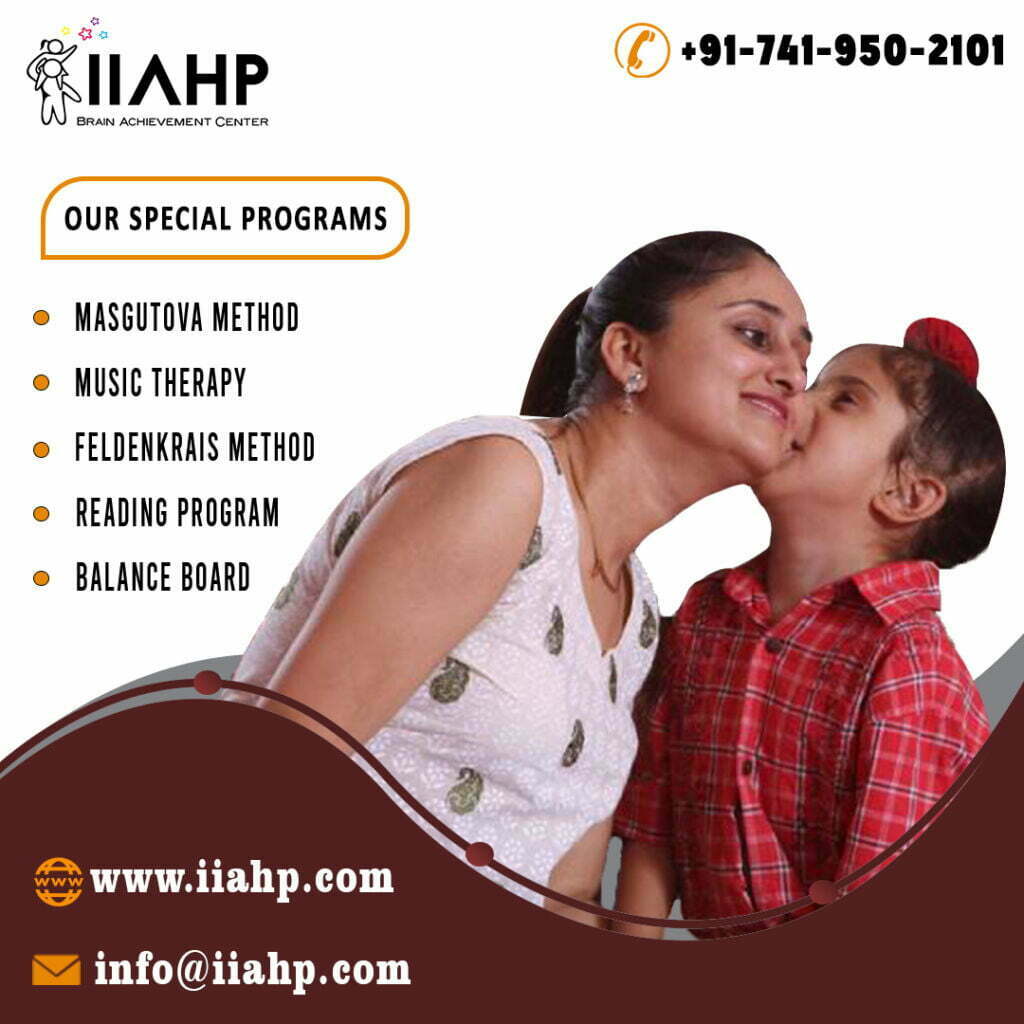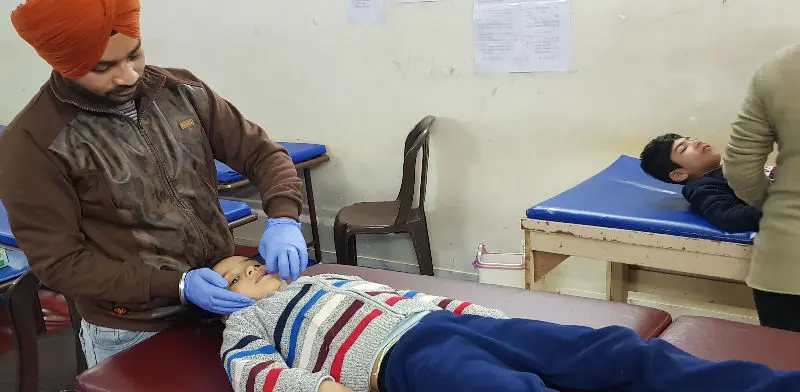All the disorders from birth are permeating and common and tend to remain besides develop in a child, and are termed as neurodiverse and neurodivergent disorders. Persons who have such disorders are much more vulnerable to face social, educational, communicative, family and sensory problems. However, the brain weight and IQ tendency in these persons is usually witnessed average and above average, but face troubles in expressing and communicating themselves.
Since these persons have the least social engagement including with family, friends and their peer group, they face problems in picking up on subtle forms of communication including body language, gestures, humour, and sarcasm.
Common Signs and Symptoms:
- As seen, usually persons with such disorders face difficulties in adjusting themselves in social circles.
- They don’t or fail to make friends
- They in majority of cases involve in one sided talk irrespective of receiving any feedback from the other person.
- They are involved in Talks, communication with people either much younger or much older from them.
- They least or don’t care about the other person’s attention towards them, even when engaged in a conversation.
- Their gestures are bizarre, like negligible facial expressions, fail to make eye contact, uncomfortable adjustments like feeling shy.
- Persons with such disorders are usually self-absorbed and may speak rigidly and sometimes too fast to understand.
- They are least debatable in manner and fail to have any thorough discussion with any person.
- Since they have average/fine brain functionality, despite knowing the language they fizzle to understand distinction.
To a great level and percentage, it can be treated and cured if the early remedies and therapies are taken with utmost care and attention, since patients in this case face speech, physical, occupational, learning problems for which they need immediate and consistent therapy. Only early treatment initiatives can help in improving the skills.
Not every child with these disorders have the same signs and symptoms. Their ailments may and may not vary from each other. Given below are some malady related to these disorders in persons.
- They may have fascination and fixation with certain or countable subjects.
- Only of their interest, persons with such disorders may remember much easier anything related to it.
- They tend to have unusual choices and would really be sad or uncomfortable if their choice is altered.
- They tend to repeat activities, tasks even when they are done, and they would also do tedious body movements which could be anything.
- Tendency to daydream and could lose consciousness, pass out or collapse if they are dulled.
- They are sometimes overprotective of their belongings and sometimes don’t worry about anything.
- Persons with such disorders have awkward, inelegant and ungainly signs and manoeuvres.
- They are super-sensitive towards certain things like contrast colours, loud music or voice, flood lights.
- Persons with related disorders are touchy and ticklish in behaviour.
- They may be short tempered and could at times be self-damaging.
If your child, family member, relative or any known person who you can be of help in certain ways in overcoming these difficulties and disorders, it is time for you to contact us and get him/her treated at IIAHP Therapy Center and Learning School.
What are We Specialist in:
The disorders we treat and cure are rarely being taken up for treatment elsewhere since these disorders are very tough to tackle and difficult to cure and treat. IIAHP Therapy Center and Learning School provides treatment for Down Syndrome, Dyslexia, Autism, Developmental Delay, Cerebral Palsy, Mental Retardation, Speech Therapy, Slow Learners, ADHD, Therapies for Special needs Children, and other therapies for specially abled children and teenagers.







Comments are closed.